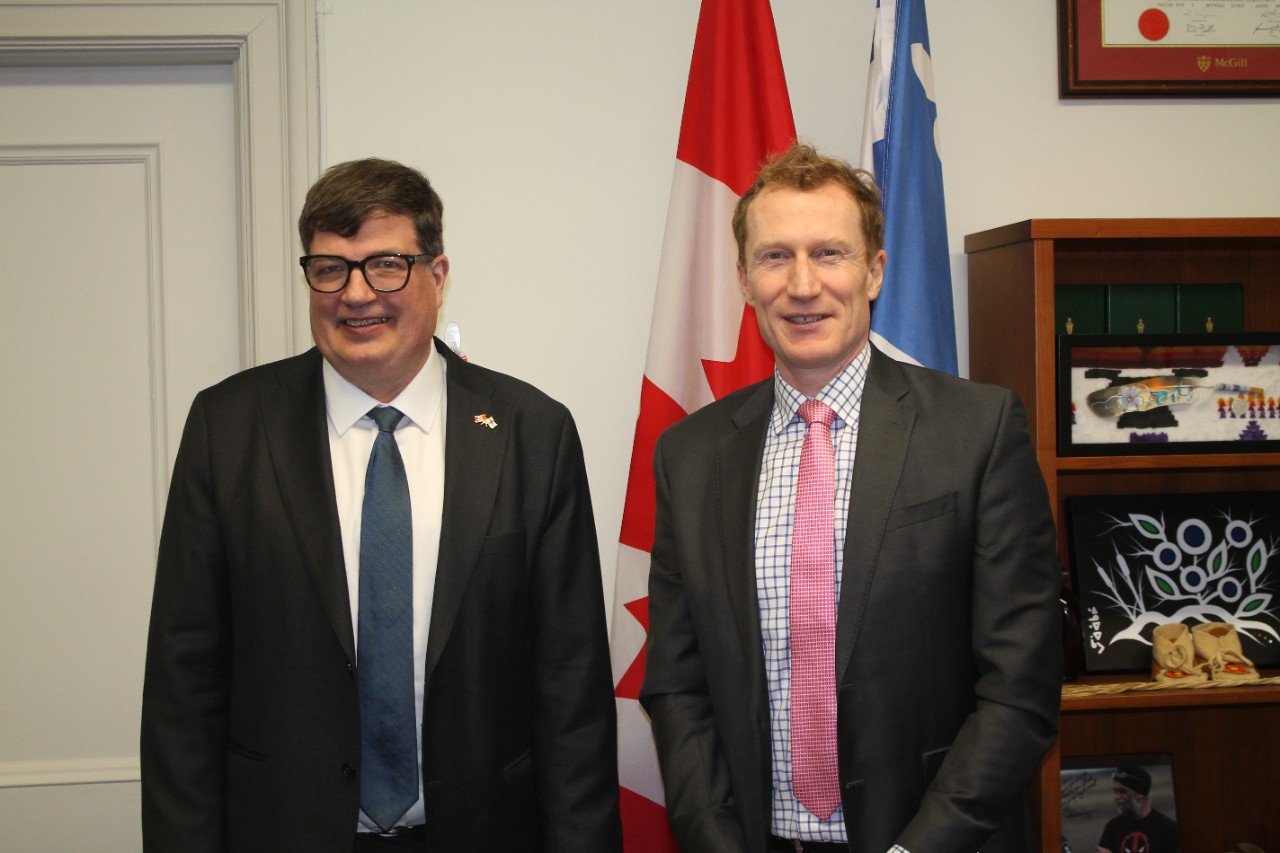Canada’s education system is a beacon for international students worldwide. While a study permit is typically required for foreign nationals to study in Canada, there are notable exceptions.
Minor Children in Canada
In Canada, the definition of a minor varies by province or territory, with the age of majority being the determining factor. The age of majority is 18 in Alberta, Manitoba, Ontario, Prince Edward Island, Quebec, and Saskatchewan, and it is 19 in British Columbia, New Brunswick, Newfoundland and Labrador, Nova Scotia, the Northwest Territories, Nunavut, and the Yukon.
Minor children present in Canada are exempt from the study permit requirement, they can study at pre-school, primary, or secondary level without a permit under specific conditions, include:
- Refugee Status: If the minor children are accompanying parents claiming refugee status or are claimants themselves.
- Parental Citizenship or Residency: If one of their parents, whether biological or adoptive, is a Canadian citizen or permanent resident.
- Parental Work or Study Authorization: If one of their parents is authorized to work or study in Canada. This includes parents who are temporary residents holding work permits, study permits, or visitor status. Visitor status holders must be authorized to work without a permit as per section 186 of the Immigration and Refugee Protection Regulations (IRPR) or authorized to study without a permit as per section R188.
- Absence of Parents in Canada: If neither parent is physically present in Canada.
Minor children of a visitor who is not authorized to work or study in Canada must obtain a study permit to engage in educational activities in the country. These regulations are designed to simplify access to Canadian schools for these children, ensuring continuity in their education without the bureaucratic hurdles commonly associated with international study.
Short-term Programs
Foreign nationals may enter Canada to attend a course or program of 6 months or less without a study permit. This exemption is aimed at individuals seeking short-term educational or professional development in Canada. It’s important to note that if the course is part of a longer program, a study permit is required.
Although a study permit isn’t mandatory for these short-duration courses, immigration officers are still required to process any study permit applications they receive for courses or programs of six months or less. Possessing a study permit can offer advantages, such as the ability to apply for a renewal or modification of the study permit conditions for further studies within Canada. Furthermore, those holding a study permit might be eligible to participate in work programs available to international students.
Additionally, foreign nationals can attend short-term courses or programs at non-Designated Learning Institutions (non-DLIs) without a study permit. However, study permits are not issued for attending courses at non-DLIs. This distinction ensures that the exemption is appropriately applied while maintaining the integrity of Canada’s education system.
Family Members of Diplomatic and Foreign Representatives
Children under 19 years of age who are family members or staff of accredited foreign representatives from needing a study permit. This category includes diplomatic agents, consular officers, and officials from international organizations. Accreditation by Global Affairs Canada is a prerequisite, and it includes a detailed process where the Office of Protocol at GAC validates their status. This exemption facilitates the integration of these families into Canadian society, particularly in terms of education for their children.
Children aged between 19 and 24 are also eligible for this exemption if they are registered as full-time students. In exceptional circumstances, dependent children who are 25 years of age or older may be considered for official acceptance.
Armed Forces Members
Members of the armed forces from countries designated under the Visiting Forces Act do not require a study permit for training longer than six months. This exemption reflects Canada’s commitment to international defense cooperation and training. However, their family members are not covered by this exemption and must follow standard study permit requirements unless they qualify under another category.
Registered Indians
Registered Indians are exempt from the study permit requirement. This exemption acknowledges the unique status of indigenous peoples in Canada and provides them unrestricted access to education.
Temporary Public Policy
In response to the valuable contributions of temporary foreign workers to Canada’s economy, a new public policy, effective from June 27, 2023, will allow certain foreign nationals working in Canada to study without a study permit. This policy aims to support these individuals by offering opportunities to upgrade their skills, credentials, or licensing.
To be eligible, a foreign national must either hold a valid work permit or have applied to renew their work permit on or before June 7, 2023. This exemption remains valid until the work permit expires, is refused, or until the expiry or revocation of this public policy, which is set for June 27, 2026.
Understanding these exemptions is crucial for navigating the complexities of Canadian immigration and education policies. Whether you’re a minor in Canada, a diplomat’s family member, military personnel, a short-term learner, a registered Indian, or eligible under the new temporary policy, these exemptions offer pathways to accessing education in Canada with fewer formalities.












